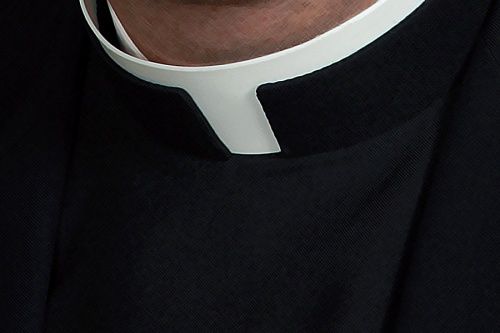The Catholic Diocese of Duluth is filing for bankruptcy protection after a multi-million dollar abuse judgment. The diocese says it aims to provide justice for victims while allowing the work of the Church to go on. “There is sadness in having to proceed in this fashion,” Father James Bissonette, the diocese’s vicar general, said Dec. 7. “The decision to file today safeguards the limited assets of the diocese and will ensure that the resources of the diocese can be shared justly with all victims, while allowing the day-to-day operation of the work of the Church to continue.” He said the diocese was “left with no choice but to file for reorganization” given the magnitude of the verdict and the lack of agreement on a settlement. Fr. Bissonette said the diocese’s bankruptcy decision is consistent with its approach since Minnesota’s Child Victims Act was enacted in 2013. The legislation temporarily allowed abuse victims to file lawsuits that otherwise would not be allowed by statutes of limitation. The vicar general said the diocese aims “to put abuse victims first, to pursue the truth with transparency and to do the right thing in the right way.” The Doe 30 case, decided on Nov. 4, ruled that the Diocese of Duluth was responsible for 60 percent of an $8.1 million judgment, a total of $4.9 million, for a victim who suffered abuse by a priest in 1978. The priest was a member of the Oblates of Mary Immaculate, which was found responsible for the rest of the damages. The diocese’s total operating budget in the last fiscal year was under $3.3 million. According to the Wall Street Journal, the diocese is considering an appeal. The diocese has said it knew nothing about the abuse and could not have prevented it. The diocese faces five other lawsuits. According to the diocese, insurance coverage and diocesan savings were insufficient for the large judgment and there would be no resources available for remaining abuse victims with claims against the diocese. The Duluth diocese said it has had safe environment policies in place and has “diligently" followed them since 1992. Its policies include mandatory reporting, background checks, cooperation with law enforcement and safety precautions for diocesan personnel as well as safe environment training for children. “It is a sad day, but we are not without hope,” Father Bissonette told the Duluth News Tribune. “Going forward now, we’re going to make sure victims share in a measure of justice.” Fifteen Catholic dioceses have filed for bankruptcy due to abuse settlements, most of which concerned decades-old allegations.

